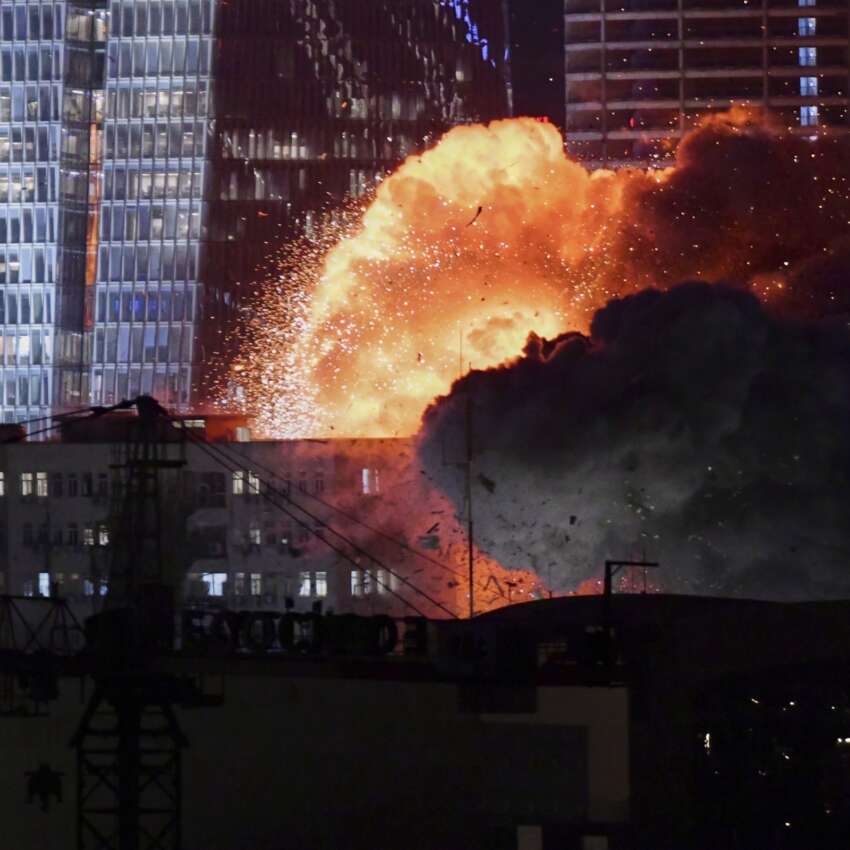
Myanmar agricultural trainees and workers in Israel are facing significant challenges due to the ongoing military conflict between Israel and Iran, with many finding it difficult to return to their home country. The conflict escalated on June 13 when Israel launched missile strikes against Iran’s nuclear development efforts, resulting in the deaths of three high-ranking Iranian military officers and six nuclear scientists. The situation has created a humanitarian crisis for foreign workers, including many Myanmar nationals who are now trapped in the conflict zone.
Iran has retaliated with hundreds of missile strikes against Israel, and tensions continue to escalate between the two nations. Israel has declared a state of emergency, closed all airports, and suspended agricultural operations nationwide. Myanmar workers in Israel have been instructed to remain in their homes and stock up on essential supplies, including food, water, and medicine. They have also been advised to prepare for possible shelter in bunkers if the situation worsens. The current circumstances have left these workers in a precarious position, unable to work and facing uncertain futures.
Several agricultural training centers in Israel, including the Desert Agro Research Centre, AICAT, and The Ramat Negev, host trainees and workers from various Asian countries, including Myanmar. Most of these Myanmar workers arrived in Israel before the military coup in their home country. The employers have provided ten days’ advance wages to their workers, but concerns are growing about the long-term implications if the conflict continues. The situation has particularly affected agricultural operations, which employ a significant number of Myanmar nationals who are now facing both economic and safety challenges.
The majority of Myanmar workers in Israel are graduates of the Yezin Agricultural University, and estimates suggest there are hundreds of Myanmar workers currently in Israel. As both Israel and Iran continue their mutual attacks and threats of further escalation, these workers, along with other foreign nationals including Thai workers, find themselves trapped in an increasingly dangerous situation with limited options for evacuation or return to their home countries. The ongoing conflict has created a complex humanitarian situation where these workers must balance their safety concerns with their economic needs, all while being unable to leave the conflict zone.



